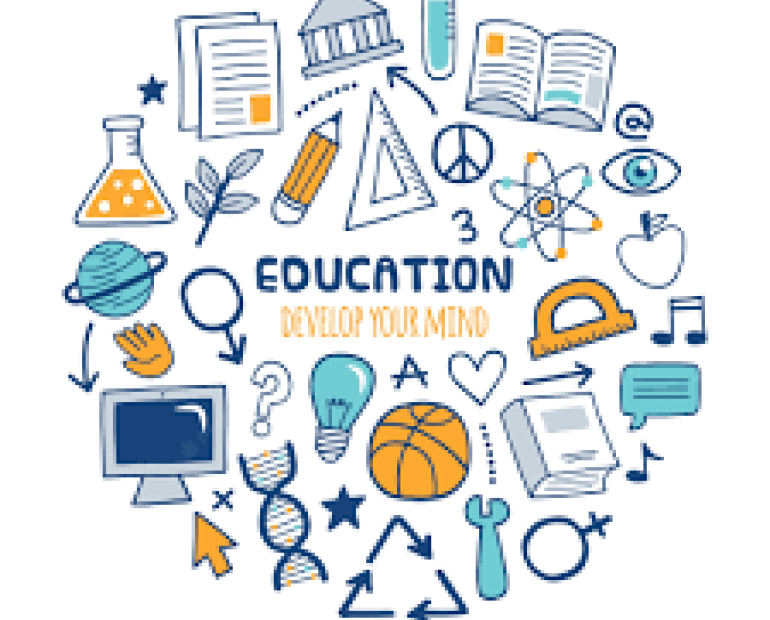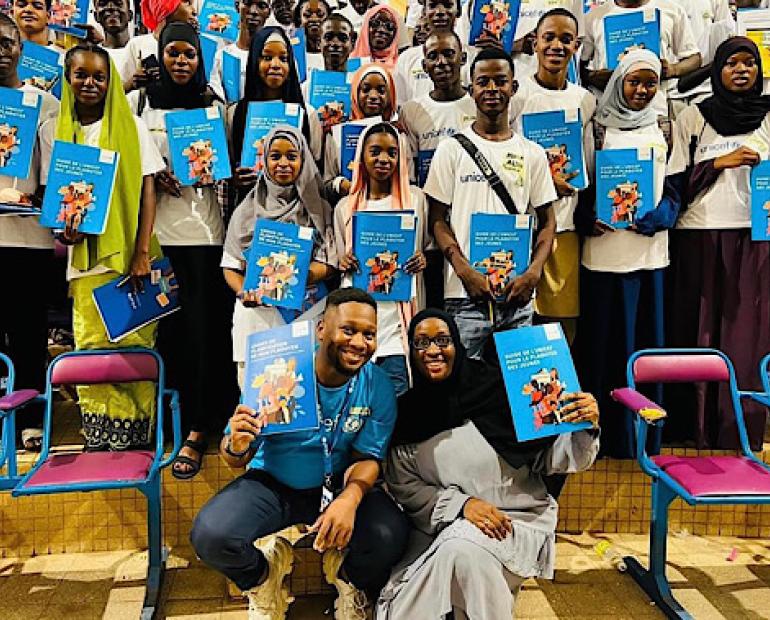
The pandemic has shown us all how dependent we are in various areas of our lives, how vulnerable our society is and how baffled we are if we can’t plan ahead. The uncertainty with which we live today is challenging for everyone because no-one knows what the future will hold. But there are two aspects that will definitely be a part of our future and that will influence it dramatically: children and technology.
It goes without saying that we must provide children with opportunities to learn how to use technical devices and the internet which will accompany them throughout their lives. Apart from that there are several other reasons why we should teach young children what they can do with technology. Firstly, being able to handle computers, phones and the internet is something that will be helpful in a lot of situations. For instance, 10-finger typing can successfully be taught to children in primary school who will benefit later. Secondly, knowing how to use technology to communicate with other people can be very beneficial for children as well.
I’ve experienced this with my eight-year-old sister recently. Never will I forget how happy she looked when she finally, one month into the lockdown, was able to talk to her friends via zoom. In retrospect I am shocked that it took us a whole month to figure out that she could also benefit from the technology we were using on a daily basis. In order to prevent social isolation in situations like a lockdown, children must learn how to communicate by the means of technology. But most importantly, along with showing children how to use technology we must teach them how to handle it responsibly.
Responsibility can mean various things when it comes to technology. It can mean to not buy a new phone every year or to not post disrespectful statements. But it can also mean to not waste time on the internet.
Being a teenager myself I have spent many hours texting friends, reading posts on social media and watching hundreds of YouTube videos. As I got older I felt that I was wasting my time more often and I started to scrutinize what I was doing. Was this really what I wanted to spend my free time on? Did this make me happy? And as I thought about those questions more frequently I realized that there were so many things I could be doing. Like spending time with my loved ones, taking a walk or following up on a hobby. As time went by, I found myself spending less time online. And I found myself enjoying being active.
Because I realized that even though I am still young and have a lot to look forward to in life, my time is not endless and I want to choose carefully how I use it. But getting to this point can be very challenging because the internet is designed to keep us online as long as possible. Studies have shown that websites and apps use particular techniques, such as infinite scrolling, that trick the human brain into staying online longer. Consequently, it can be difficult to free oneself from the screen and easy to develop addictive behaviour.
The question is: what can be done? Different measures have to be taken to help children as well as adolescents. The most important thing for every teenager is to think about their usage of technology and decide for themselves if they are happy with the way they are spending their time. If someone realizes that they have developed an addictive behavior, we need to provide them with assistance to overcome it.
The key to success is that we must not see technology addiction as a taboo issue. It should rather be discussed openly, for example at school as a part of a new technology education programme that helps students to use technical devices responsibly. By tackling possible addictions and guiding teenagers to a healthy relationship with technology we can lay the foundation for a responsible society.
But it will take more than this. We also urgently need to teach children a responsible handling of technology. There are two aspects that influence young children the most: their parents and school. Parents all over the world need to set an example for their children by integrating technology responsibly in the day-to-day life. It has to be self-evident to the children that certain rules and boundaries exist when it comes to using technology. For instance, this could be a limited screen time per day or a rule that bans smartphones while eating. Whatever it is, children must be given a good example concerning the usage of technology. This can easily and most effectively be provided by their parents.
What also influences young children greatly is school. At school children should learn how to use technical devices. They should be taught how to use a tablet and how to write on a laptop. Taking into account that children are more likely to learn something if they can discover and try it out themselves, children could be given various tasks in an interactive learning-app. Through this they would discover the handling of technology intuitively. By combining the impact of parents and school, children can be taught from a very early age on how to use technology responsibly, which will benefit them throughout their lifetimes.
In the world I reimagine humans are able to use technology responsibly and are aware of the way they spend their time. This is achieved by firstly, parents teaching their children how to handle technology responsibly and the children acquiring a knowledge of different technical devices at school. And secondly, by the youth who takes matters in their own hands. They think about the way they want to use technology and what impact it has on their lives and are supported by an open-minded society when they have problems. In my reimagined world we use technology responsibly.






